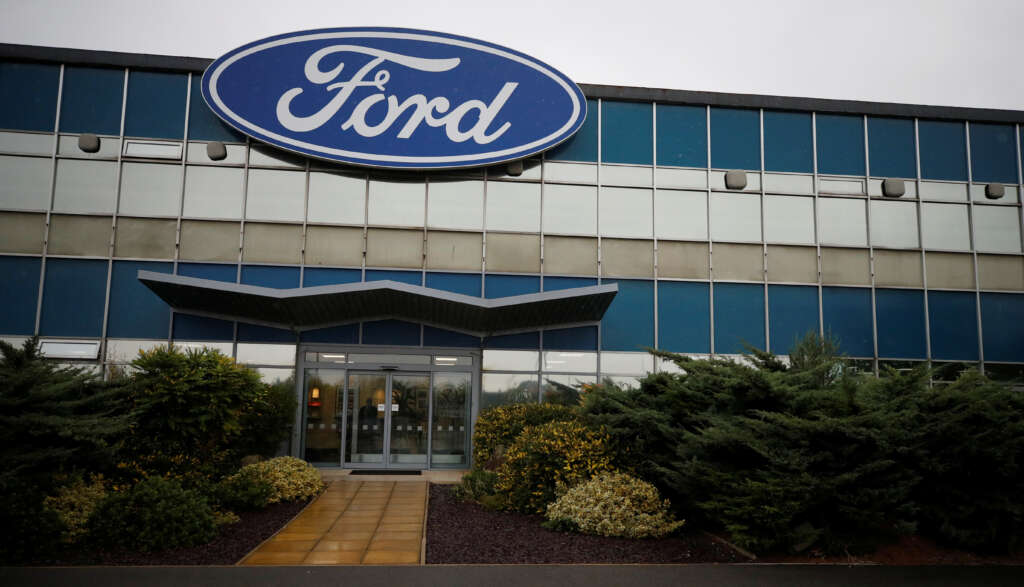
By Paul Lienert
(Reuters) – An inadequate charging network and insufficient access to battery raw materials are critical bottlenecks that could shackle demand for electric vehicles, according to Ford Motor Co’s chief electrification executive on Monday.
“Infrastructure is the biggest thing that really has to be nailed for widespread adoption” of EVs, Doug Field said at an EV conference in London. “A lot of coordination is going to be required to get the right levels of compatibility, capability, reliability in that charging network so people just don’t have to worry about it.”
Field, who is chief advanced product development and technology officer for Ford’s Model e, said vertical integration could be the key to solving potential shortages of battery raw materials.
Vertical integration is company founder Henry Ford’s pioneering concept, revived in recent years by Tesla Inc, of controlling as much of the industrial value chain as possible.
“The companies that go very, very far upstream, capture the materials years ahead of time, lock them up and build a clear strategy around the battery supply chain will win,” said Field, a former Tesla and Apple Inc executive who started his career 35 years ago at Ford.
“This type of change is going to push companies to vertically integrate in ways that they haven’t been used to in many, many decades.”
Field sketched a vision of future Ford vehicles “doing things your phone can’t do,” including an immersive augmented reality (AR) experience while moving.
The automaker is continuing to develop hands-free driving, or “conditional autonomy,” and a more sophisticated user interface enabled by software and strategically placed cameras and speakers, Field said.
This will give Ford the opportunity to create “an experience that will blow people away and (make them) feel like they’re in a science fiction movie,” he said.
(Reporting by Paul Lienert in Detroit; Editing by Richard Chang)


